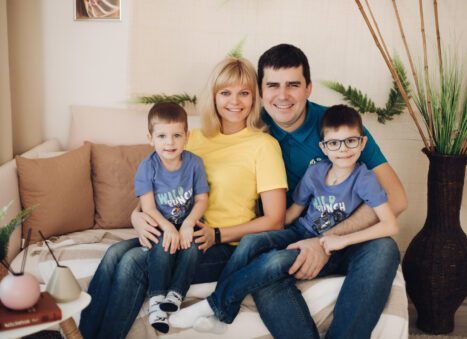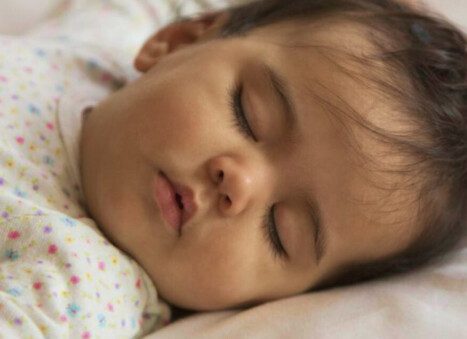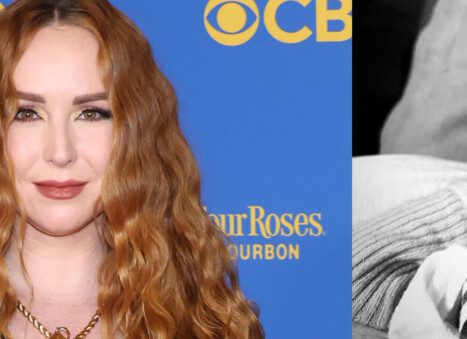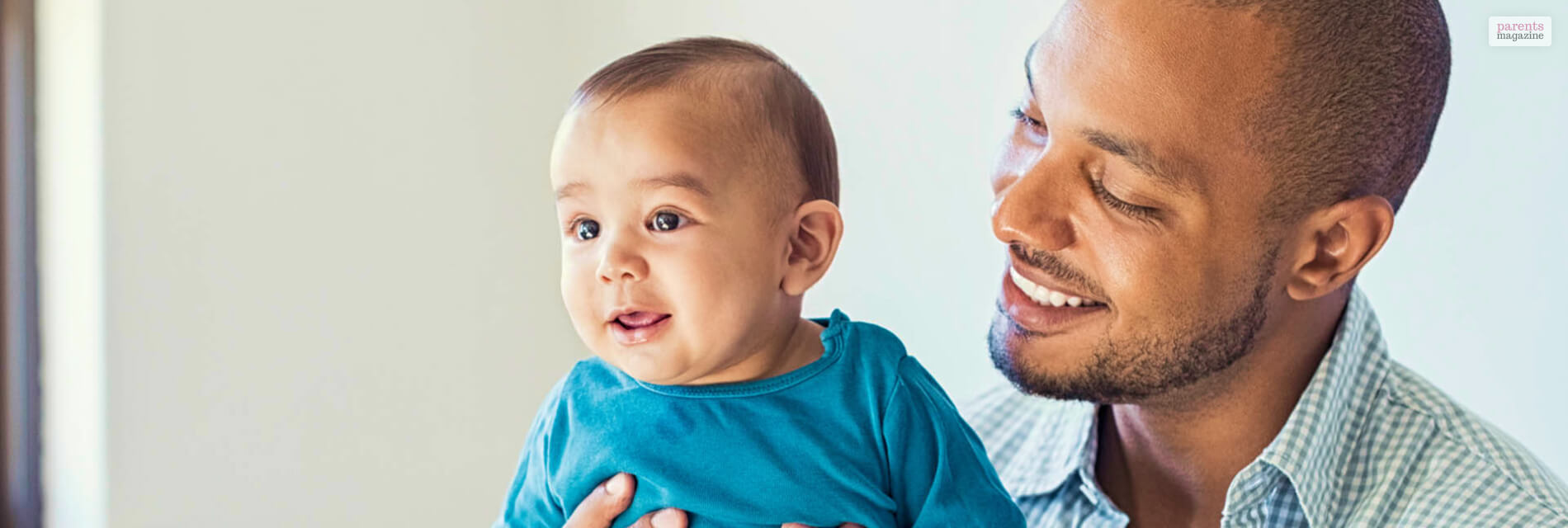
From Goo Goo Gaa Gaa to Words: Your Baby’s Speech Journey
Every parent waits for their child to speak their first words. And with this comes a very natural question, “when do babies start talking?” communication is a two-way street, and it is amazing how they learn the language even before they are born.
This happens because they can hear your voice from the womb and get accustomed to the sounds and language. During pregnancy, many mothers read to their children, and studies have also shown that those children prefer those books after their birth as well.
When do babies start talking? Or when do babies start talking gibberish or cooing? It is exciting to experience the entire process of your baby talking, beginning from cooing to babbling to actually speaking works and finally forming an entire sentence.
What Factors Affect Your Baby’s Ability To Talk?
In some cases, language development gets delayed if your baby goes through certain kinds of medical issues or any sort of diagnosis, such as:
- Autism Spectrum Disorder
- Cerebral palsy
- Down syndrome
- Hearing impairment
These can be major causes of speech delay. Other than that, the environment also plays an extreme role in speech development. If your babies are brought up with a rich exposure to language or people interact more, they might start to talk a little late.
Talking Milestones
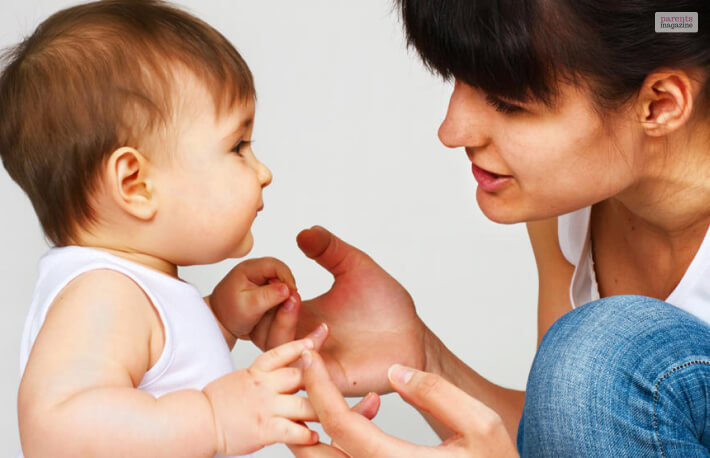
There are steps in which a baby starts talking. Before talking, they start to babble. This may not make sense to you and may sound like gibberish, but this is their way of communicating with you. This is their process of establishing effective communication. This is their first try and feeble attempt at speaking.
At 3 months
By the time they reach 3 months, they observe and listen to the words and voices around them; they observe your face when you are talking, turn around to the source of the sound, and start reacting to it.
It is seen that they prefer the music or sound which they heard when they were inside the womb. But when do babies start talking? It takes them a little more time before they can speak out actual words. By the end of three months, they start cooing.
At 6 months
By the time a baby reaches 6 months, they start babbling; they start making sounds by adding vowels and consonants together, like ma-ma and ba-ba.
Not everything they speak makes sense; they just put together random syllables and start blabbing. This is the time when they are taking in the language which they can understand, even when they cannot speak.
Studies have shown that babies start to associate with their caregivers by the time they reach 6 months of age. Even though they cannot speak, they start responding to their names and use their voice to express their happiness or sadness.
At 9 months
At this age, babies start putting together multiple syllables and can utter simple words like no, bye, hi, etc. They can understand a lot by this age but cannot produce words due to the lack of motor skills.
It takes a lot of cognitive skills to pull a word back from their memory and speak than it takes to understand it. They also use a wider range of tones and consonants at this age.
When do babies start talking words? Though they start babbling in their 6th month and start playing with the sounds and using their tones, it actually takes them about a year to officially utter their first word.
At 12 months
The time has arrived when you can expect to hear dada or mama for the very first time in your life. It is around the 12-month time when they actually start speaking.
According to Jocelyn Wood, their first word is often the most common thing they see in front of them; it could be food items, toys, or just simple mama or dada. This is the time when they actually start talking.
At 24 months
Jocelyn Wood says that babies go through a rapid growth period from 18-24 months, and during this phase, they learn something new every day.
At this age, they have a vocabulary of fifty to a hundred words, which they combine to make simple phrases like ‘my toy,’ ‘my mom,’ etc. By this time, they start combining different words and speaking.
At 36 months
By the time they reach 3 years of age, they have developed a vocabulary of 200 words or so, and it keeps expanding. When do babies start talking clearly? This is the age. They start putting together four to five words together to form a sentence. You would be able to understand what they are trying to mean as their words become quite clear.
They will start reacting with their words, and you have to be careful because they will pick up anything you speak. They will start expressing opinions about what stories they like, what they want to hear, and what they don’t like eating as well.
Signs Of Speech Delay
Every child speaks at their own pace, but some signs could indicate a speech delay in the child. A cooing and babbling baby at 6 months will hear sounds and react to them. Usually, at one, they say a few simple words like “mama” or “dada.”
A sign of a possible delay maybe if the baby is not making sounds or reacting to their names; for instance, they may not gesture, wave, or point. By 18 months, toddlers should be increasing their vocabulary. If your toddler is quiet or has difficulty imitating sounds, check it out with a doctor.
By 2 years, kids should begin talking in two-word phrases. Signs of concern include a child not speaking 50 words or more or being unable to follow simple instructions.
In a nutshell, inquire. The sooner in life the intervention happens, the better off the child will be, so the parents should speak to their pediatrician or a speech therapist.
Cause Of Speech Delay
Causes of speech delay can vary. The most prominent of these is a problem with hearing. If a baby has poor hearing, he or she cannot learn to mimic sounds. Involvement of developmental conditions, such as autism, or other learning delays may also come into play.
Some children experience difficulty coordinating their mouth muscles, thus making it hard for them to speak. Premature birth and some genetic disorders may interfere with speech development.
Not surprisingly, the environment will play a key role: children learn the language through interaction and conversation. Too much screen time and not enough talking at home slow this down.
Speech is usually a little delayed in bilingual homes, but kids tend to naturally catch up. Your child may also be stressed, neglected, or traumatized while learning to talk. Therapies—speech therapies, hearing tests, or just a lot of talking—can all come in handy to hasten your child’s ability to speak.
How To Teach Your Baby To Talk: A Cheat Sheet For Every Parent
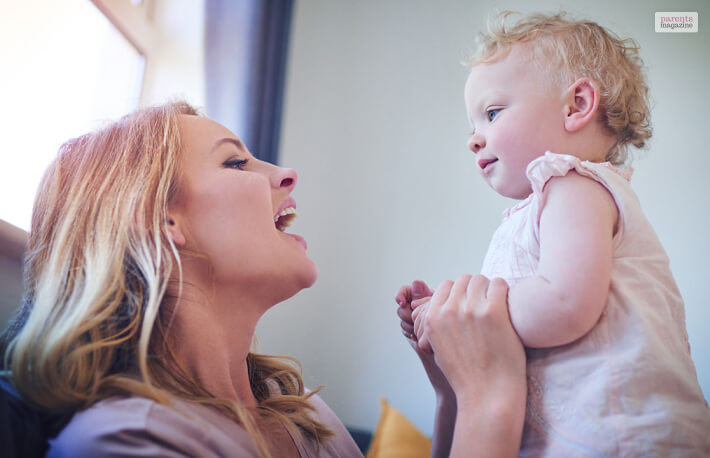
Naturally, a baby will learn the language from their parents and their surroundings. You just have to talk more in front of the baby.
This way, the baby will be more familiar with the words and sounds in the language and will keep trying those words themselves. But there are certain tips you can try to help them talk.
1. Talk to them: The more you talk to your baby, the faster they will try to talk back to you as a reply. This will develop their vocabulary as well. It helps a baby to connect a word to a certain object if they are named out loud. If they are showing interest in an object, say its name in front of your baby. Point at it or hold it so that they can relate the word to the object.
2. Use names and not pronouns: While referring to a person, use a specific name and not any pronoun. For example, say mommy instead of she or her while talking to the baby. This will help them catch up with the names, and they will try to say those words eagerly. If they hear a name frequently, it will help them to associate the name with that person.
3. Read to them or sing to them: Reading books can help them with their vocabulary and also make the connection stronger with the caregiver. Music has always been connected to language. It doesn’t make any difference if you can sing or not because they like it as it is coming from you.
4. Repeat words: When do babies start cooing and talking? When they are listening, they use a lot of words and try to speak those. So repeat the words a few times to get them accustomed to it and respond when they are blabbering. If you find them trying to say a word and pointing at an object, name it in front of them and repeat it.
5. Encourage imitation: When they are around, talk to them continuously, narrate whatever you are doing, and pick a few words from there and repeat those to see if they are trying to imitate you.
When should you seek help?
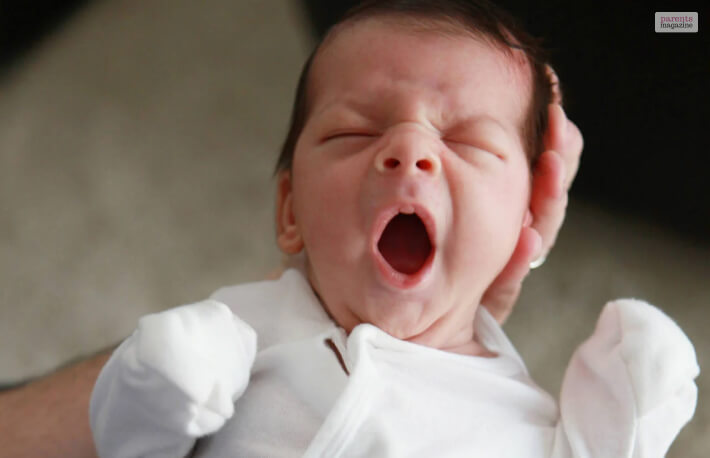
You cant actually timeline a baby’s talking. Every baby is unique in their own way and has their own timeline. But if your baby is not speaking at the age of 2, then that can be a cause for concern, and you might need to see a doctor. You should talk to a doctor if your child shows the causes below.
- If the baby hasen.t started cooing or babbling by 7 months of age.
- If they are not responding to their name and have reached the milestone of 9 months.
- If they haven’t spoken their first word by two years of age.
- If your baby speaks less than 25 words by 2 years of age.
- If he or she is having issues with producing sentences within 3 years.
Wrapping up!
There is nothing happier than hearing your baby saying their first words ever. When do babies start talking? It happens around the age of one year.
But for that to happen, you need to encourage them and talk to them more; if they are cooing and blabbing, do that with them, read to them, and sing to them. These are the bare minimum things you can do to get them to talk. This will help them connect with you and develop their skills for talking as well.
Have A Look :-
Already have an account?
Sign In
Create your account
User added successfully. Log in







